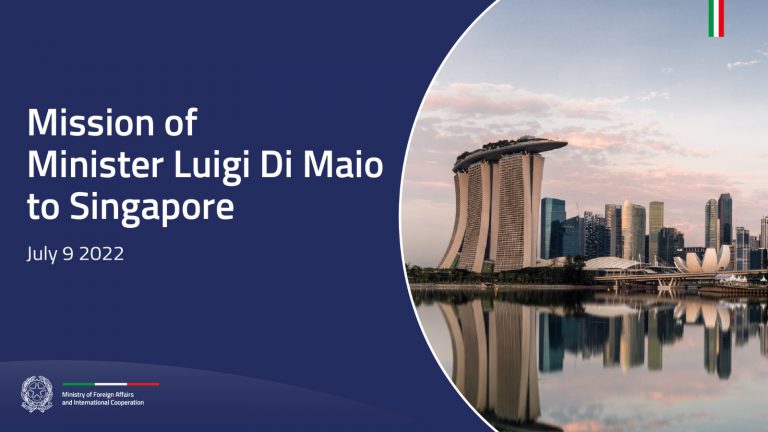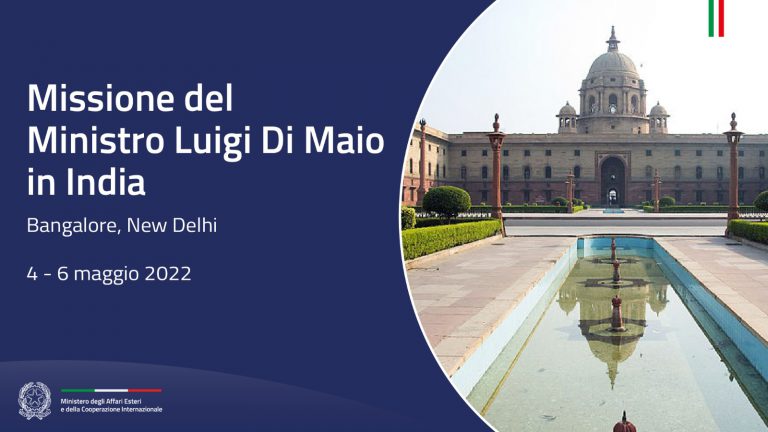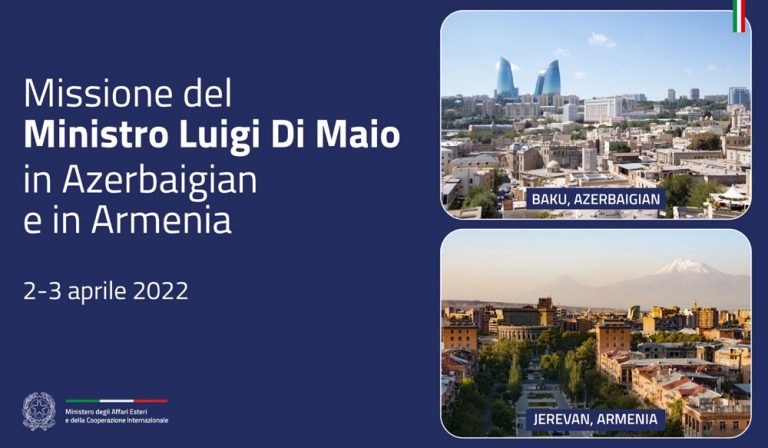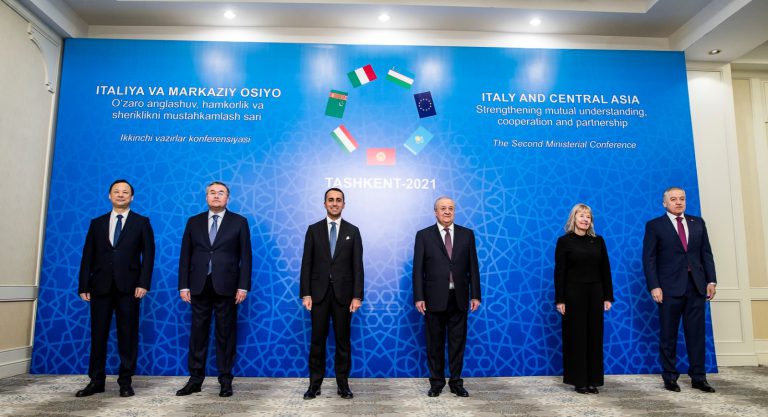As Mark Twain said, “this is Burma, and it will be different from any other country you know…”. The quote by Foreign Minister Giulio Terzi di Sant’Agata expresses the hope that, with the G8 foreign ministers’ meeting next week in Washington, and then the EU meeting in Brussels on 23 April, a decisive period is opening. The agenda includes a relaxing of sanctions against Burma, while Italy is firmly aiming for greater access to credit for the country. Indeed, the Foreign Minister will be visiting Burma on 25 April.
“Aung San Suu Kyi was elected in by-elections that saw her party, the National League for Democracy, make major gains. And this is a significant turning point. Italy is encouraging Myanmar even more strongly to embrace reform”, says Terzi, who underscores the continuity in the Italian approach. “We’ve been following this line for 3 years now, the same line adopted by the European Union’s Special Envoy, Piero Fassino”. The Envoy will be accompanying Minister Terzi on his mission, along with a group of entrepreneurs “from typical Italian manufacturing sectors, starting with infrastructure, and of course energy, companies, since Burma is so rich in natural resources”.
So, Minister, Italy, for once, is aiming to open up a new market. In the past – for twenty years, and by failing to meet its commitments – we missed out on what at the time were the emerging markets of the Far East, China first and foremost. What makes you think that the regime’s process of opening up to democracy will be consolidated, to the extent of providing guarantees for foreign investments?
“The results of the recent by-elections surpassed all expectations. They should be viewed taking the background into account: the Burmese government gave assurances that the vote would take place with due respect for the rules. And that was confirmed by the international observers. Many of the political prisoners have been released and, as the Burmese deputy foreign minister, Myo Mint, told me here in Rome, the government takes a favourable view of reforms, including economic reforms.
Burma has enormous energy resources and a strategic position in southeast Asia. A desire is growing in the country to establish more peaceful relations with the ethnic groups on the borders with Thailand and India. Relations which thus far have been bloody. We believe that Europe must abandon the economic sanctions and encourage the Burmese government to free another 150 political prisoners and embark on the road to reform”.
Hillary Clinton got in before you with her visit to underscore the West’s readiness to give the new Burma credit. And yet the Constitution of 2008, which would allow the Tatmadaw, the army, to regain power, is still in force…
“Aung San Suu Kyi’s negotiating skills are such that she has shown over the last 20 years, and paid such a high personal price in doing so, that the principles of democracy can be affirmed. She has also succeeded in mediating within her own party and in guiding it to a position favourable to national reconciliation. Moreover, the League has won 43 of the 44 available seats, but the balance in parliament has not changed so much that the traditionalists should feel threatened. For the regime too, an important opportunity for change is opening up”.
In part, to free itself from China’s suffocating embrace?
“That’s also the case. But perhaps a Burma that embarks on development and emerges from an isolation that was heading towards the implosion of its own society is in China’s interest too. We are in a win-win situation, as we diplomats say. And this, I would like to underscore, is thanks to Aung San Suu Kyi, a personality of Gandhi’s calibre.
On the political stage, women are increasingly showing their power to drive democracy. Like Yemen’s Tawakkul Karman, another winner of the Nobel Peace Prize, who told me of her commitment on behalf of the opposition in Syria. There’s a strand linking the efforts of these two great female figures”.
In Myanmar, your schedule includes meetings with representatives of the ten “small” far eastern countries. So have you divided up the East with Monti? The Premier with the task of meeting the “big” players, and you of opening up new markets?
“Our goal is Italy’s growth. But authoritativeness, believe me, is a different thing…”





